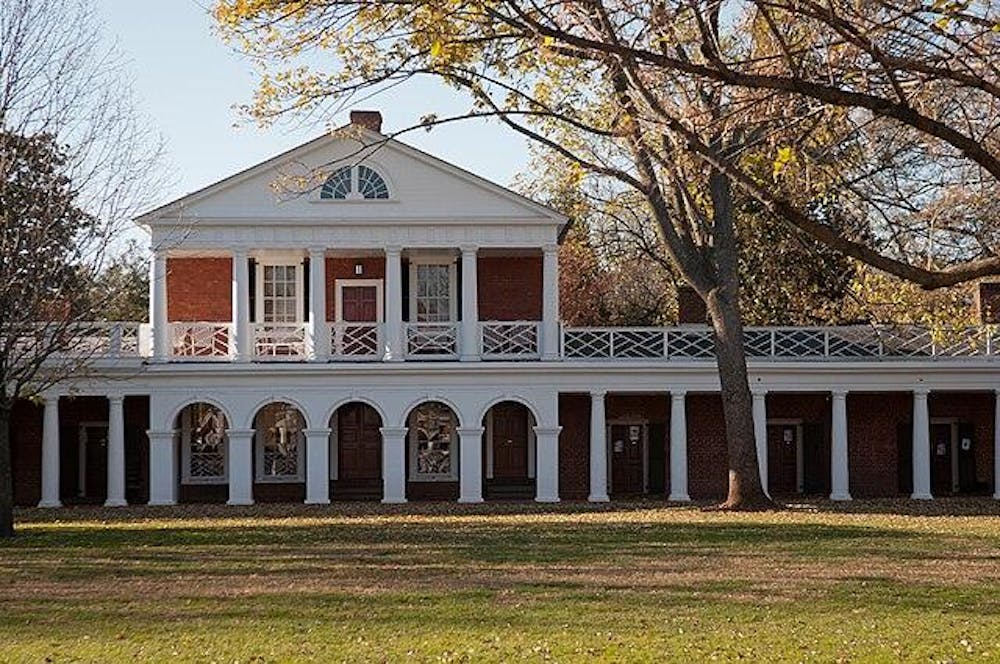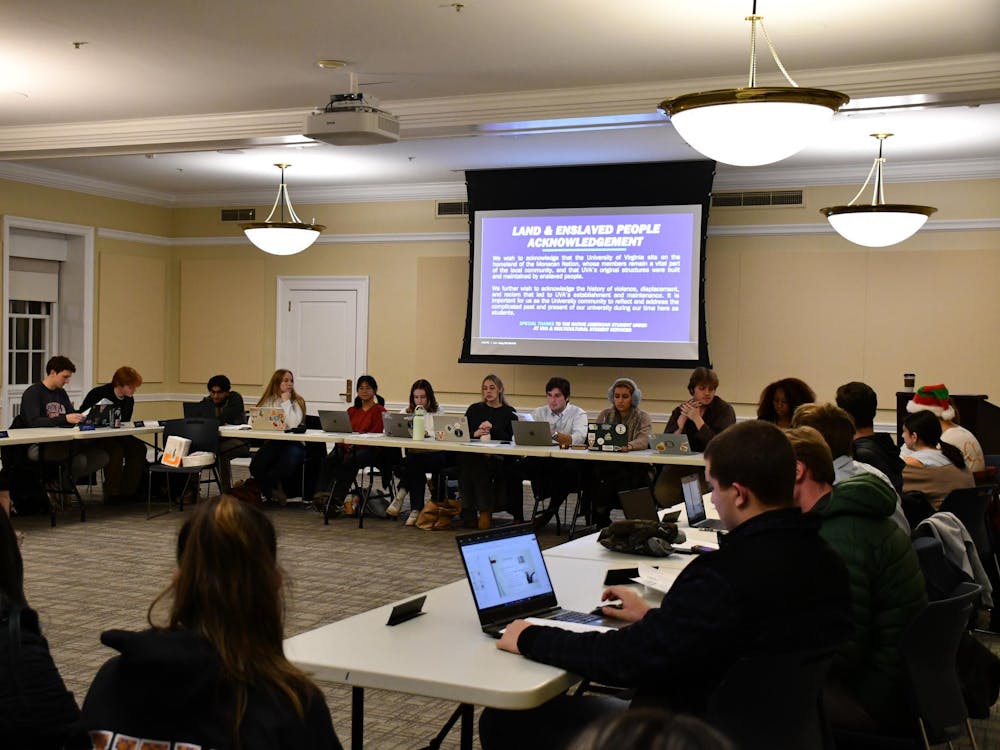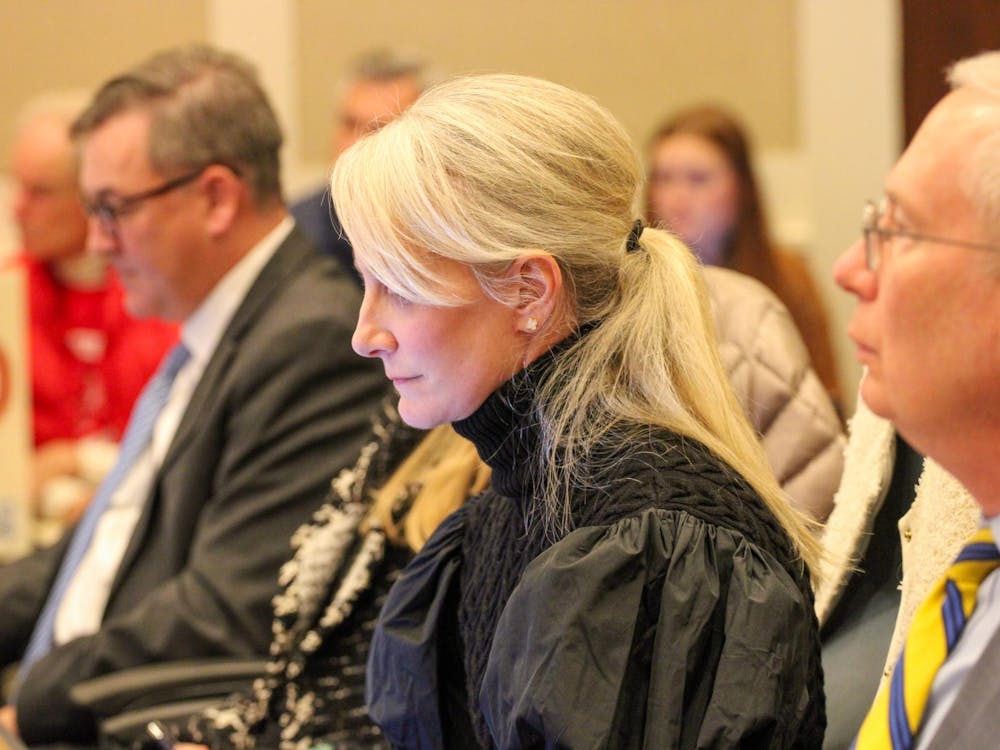After bedlam surrounding University President Jim Ryan’s resignation, some faculty members convened Monday to ask questions and share comments with each other. The meeting operated under the Chatham House Rule, meaning that The Cavalier Daily was granted permission to attend the 90-minute session under the conditions that no faculty member would be attributed by name or departmental affiliation.
During the conversation, faculty raised several questions about the process for moving forward. Most questions were about the external pressure that led to Ryan’s resignation, how concerned faculty may respond and how the process of finding a new president will be run.
In a written statement to the University community, Rector Robert Hardie and Rector-Elect Rachel Sheridan said that the search process will include input from a full range of stakeholders, including faculty, students, staff and alumni. One faculty member felt that faculty and student feedback on the selection of a new president would not have much impact on the selection process.
“Faculty and student input will be taken, but it will be meaningless,” a faculty member said.
Faculty also expressed concern that despite the University’s need for an interim president, legal action engulfing the Board of Visitors may make it difficult to quickly find a solution. Senate Democrats are currently suing the Board after the Senate Privileges and Elections Committee voted to deny Board member Ken Cuccinelli’s appointment, among others.
Others present Monday noted that under Gov. Glenn Youngkin, a far-right-wing presidential replacement is a genuine fear. Considering reports that Ryan’s resignation was fueled by Trump-appointed leaders from the Department of Justice, several faculty stated concerns about job security.
“I can imagine [an interim president] could come in with an agenda and really clean house,” an anonymous faculty member said.
One person responded by saying that contracts are expected to be honored. Another faculty member quickly retorted.
“Contracts are meaningless in an environment where the federal government extorted the University,” they said.
Faculty also considered making attempts to meet with the Board to discuss next steps and to gain more clarity on the circumstances surrounding Ryan’s resignation. Thursday, Faculty Senate Chair Jeri Seidman announced that multiple Board members are expected to meet with the Faculty Senate in mid-July.
“We should expect public accountability from the Board,” an anonymous faculty member said.
However, the group was well aware of the fact that Ryan’s resignation includes factors other than the Board. Multiple attendees cited a significant federal influence from the DOJ as a reason for Ryan’s resignation.
“If we get too tied up in our anger at the [Board], we are overlooking the much more powerful threat to the University,” a faculty member said in reference to the federal government.
Other universities, including Harvard University, have been battling in legal conflicts with the federal government on several fronts. One faculty member said that Columbia University had “capitulated” to the federal government’s demands — and saw the University as doing the same via Ryan’s resignation.
“It’s happening at U.Va., but this is bad for the entire country,” an anonymous faculty member said.
According to an anonymous faculty member, some members of the faculty had called a meeting after an article detailing federal pressure on the University was published June 26 by the New York Times.
By the time the group convened Friday afternoon, Ryan’s resignation had been announced. According to one faculty member, the announcement came one hour before the group met — leaving little time to form a plan for next steps.
Among the most frequently discussed topics was the ability of the University and University community to recover from a partisan attack on its president. One faculty member posed a question that evoked silence from the room.
“How much gets broken between now and January?”
Grace Traxler contributed reporting.







